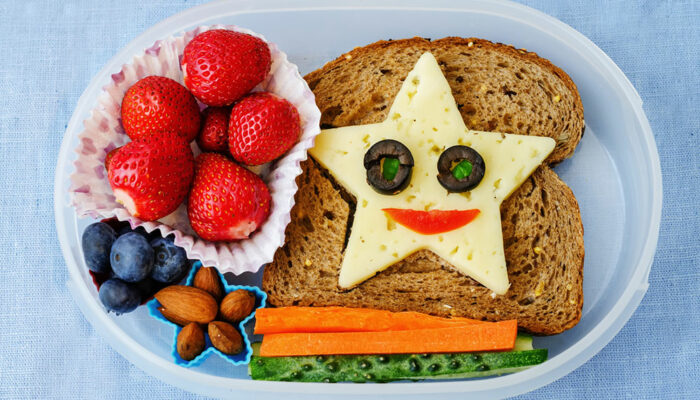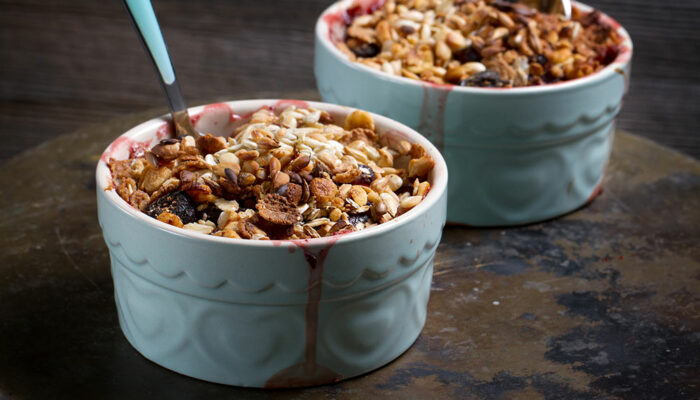
Tips to Manage ADHD Naturally in Children
Attention deficit hyperactivity disorder (ADHD) is a common neurodevelopmental disorder that is often diagnosed in children. Children who are diagnosed with ADHD struggle to concentrate on one task at a time. ADHD can be treated with medicines, but research shows that consuming regular ADHD medications from an early age is more harmful than helpful. If you do not want to manage ADHD with traditional medications, then here are a few tips to manage it naturally:
Eat clean
Clean eating doesn’t only mean cutting out the fried foods; it also means that you should avoid processed foods. Both fried and processed foods contain high levels of sodium, hydrolyzed vegetable protein (HVP), caffeine, and high amounts of artificial sugar. All of these are contributors to high scores of ADHD and extremely unhelpful when you are trying to cure it naturally. Those with ADHD do not require foods that give them more energy, but rather nutrients that calm them down. So start reading the labels before you purchase a food item the next time.
Ensure enough protein
Protein is the fuel that the brain derives its working capabilities from. If a child is saying no to fiber and has a protein deficit in their body, then their brain may be suffering from lower levels of dopamine and norepinephrine, which are neurotransmitters. This can cause insomnia, mood swings, loss of appetite, heart problems, and even trigger mental health issues. Eating balanced meals with a portion of protein and fiber ensures balanced blood sugar levels and helps manage ADHD naturally.
Schedule regular meal and snack times
Scheduling is a helpful process in managing ADHD, as it habituates the child to a healthy routine.
Avoid skipping meals
Skipping meals can shake the balance of blood sugar levels in a child’s body, making them more restless and inattentive. They might have compulsive behavioral problems, and may fidget, daydream, and be easily distracted, which further stunts the growth of their brain. Skipping meals or staying hungry can elevate these symptoms.
Turn to omega-3 fatty acids
Omega-3 fatty acids are an important food component that can be remarkably helpful in managing ADHD naturally. They can be found in flax seeds, walnuts, and soybeans, and many other foods. They are rich in nutrients that help enhance brain and nerve cell function. Omega-3 fatty acids are not produced by the body and hence, have to be acquired from external foods.
Kids with ADHD might also find different multivitamins and natural supplements helpful, such as vitamin B6, zinc, iron, and magnesium. These promote a well-functioning nervous system, help the body make neurotransmitters, and produce dopamine.



